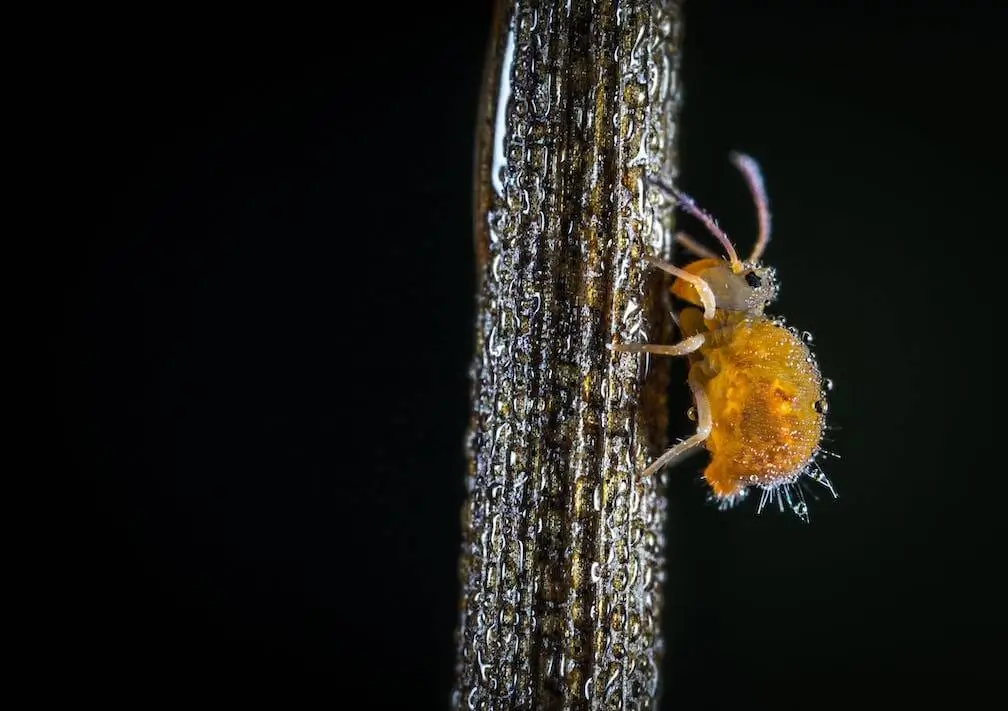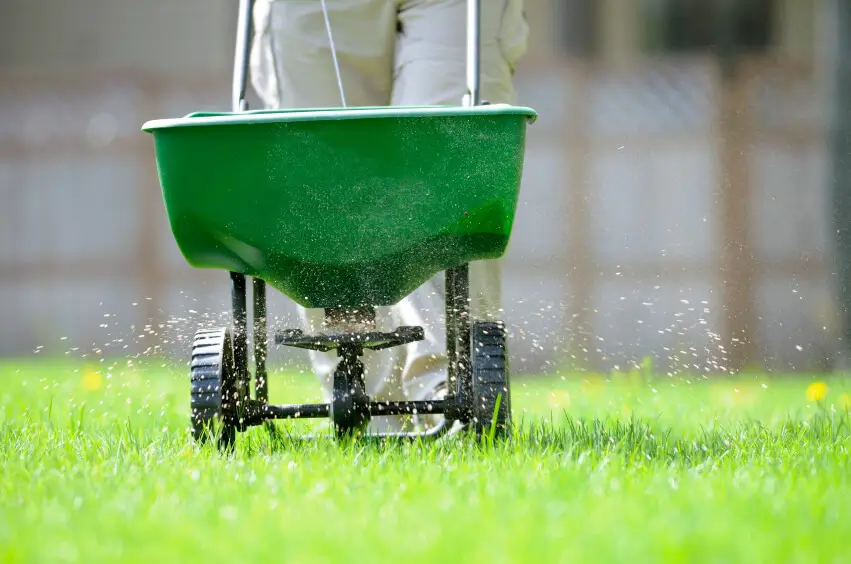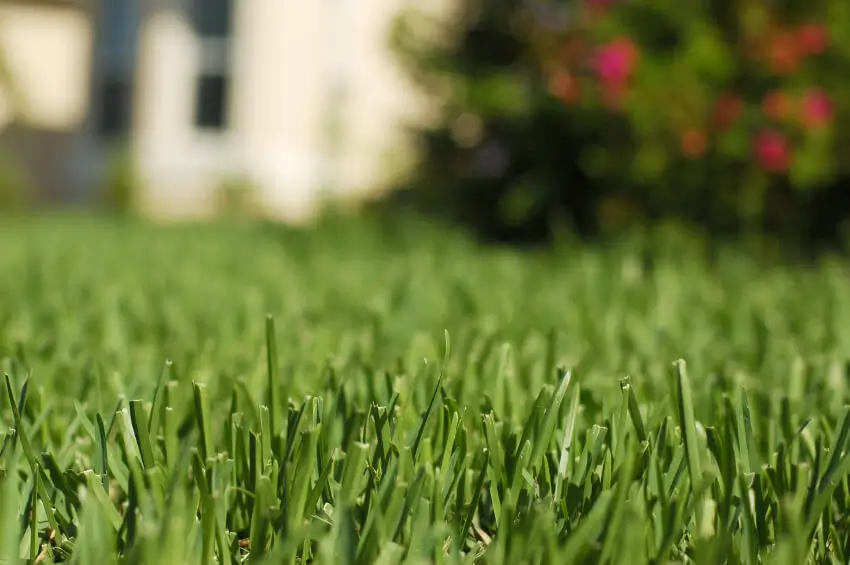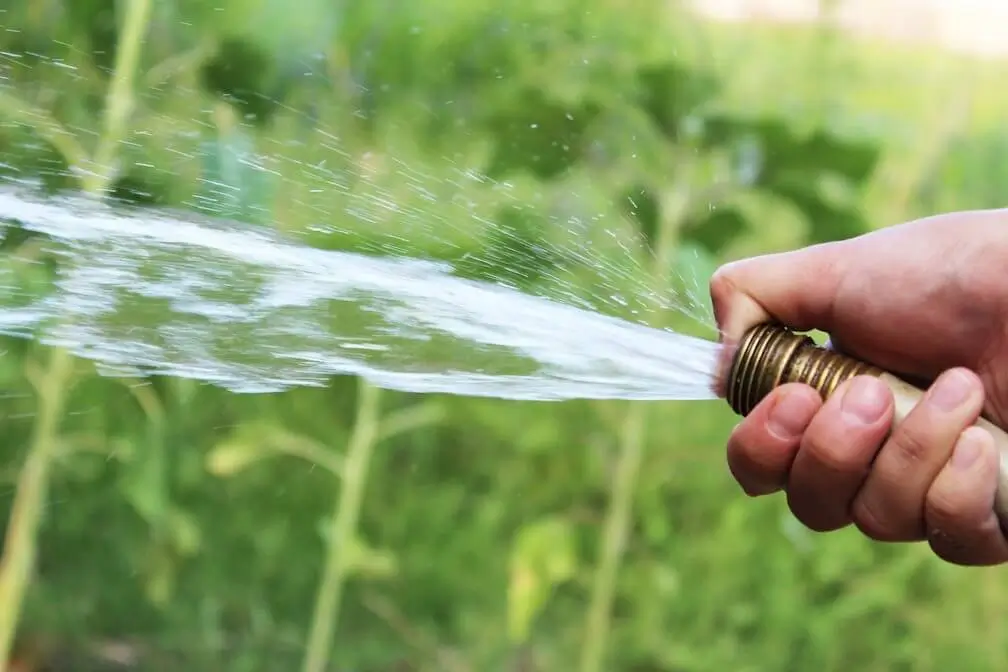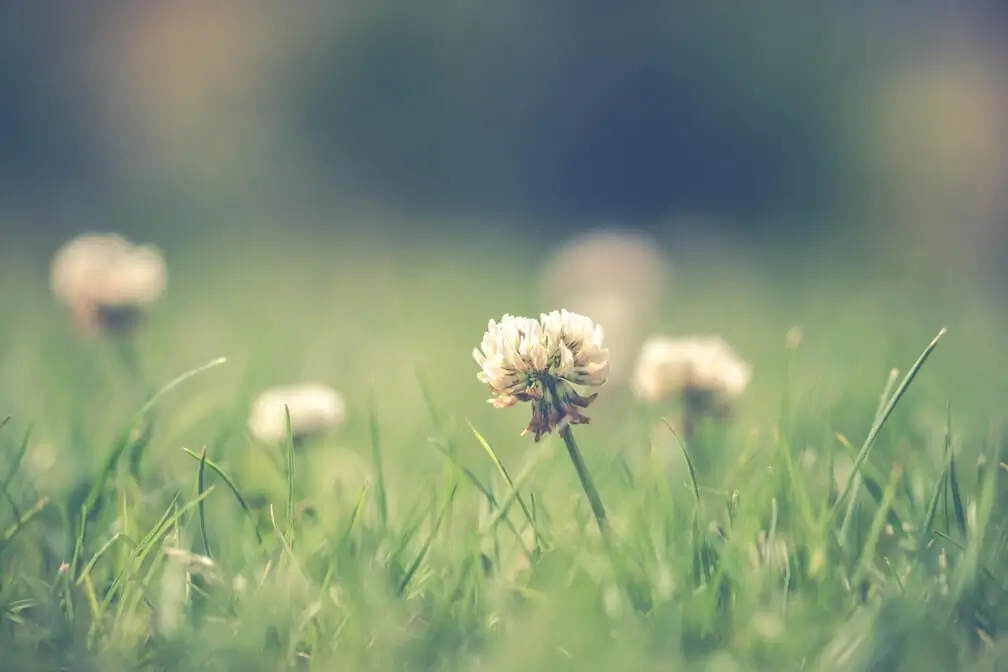Aphids are a big problem for plants of all kinds. They suck the sap out of plant stems, leaves, and roots. If you notice plants with wet, sticky leaves and tiny white to greenish-yellow bugs all over the underside, then you probably have aphids. In Arkansas, aphids primarily affect Crape Myrtles but have been known to affect Rose of Sharon as well as Roses from time to time. Not only do they eat the sap, but aphids can also spread diseases among plants by carrying them from one source to another.
Since aphids reproduce quickly, it's important to know what they are and the threats they pose to your garden. Read on to learn more about what they are and how to prevent them.
What Are Aphids?
Aphids are tiny insects that feed on the sap of a plant, and if severely infested, can make it decline in health and keep it from blooming. More severe infestations will actually damage the plant enough that it will not be able to survive a harsh winter. Therefore, it's important to take care of your aphid problems before they become substantial.
Aphids are a part of the Aphidoidea Superfamily and are soft, pear-shaped insects that tend to blend in with plants due to their green color. Because of this, it's good to know what to look out for and the signs of an infestation.
How to Prevent an Aphid Infestation
Want to keep aphids from becoming a problem? Here's how to prevent aphids:
- Check your plants consistently. A big part of preventing aphids is catching an infestation early if one does occur. If you're in an area that is being affected by aphids, check your plants on a weekly basis for the common signs.
- Plant onions or garlic. Aphids don't like the smell produced by these plants and make a point to stay away from them. Planting them in your garden could prevent aphids from coming close.
- Don't over-fertilize. Over-fertilizing your garden leads to high nitrogen levels, which aphids love to feed on. Using a slow-release fertilizer keeps nitrogen levels low.
- Spray your plants with water. Simply spraying some water over your plants every once in a while is good practice not only to prevent aphids but other invasive insects as well.
- Add populations of other insects: Many insects feed on aphids and can be used as a good way to prevent them. Adding beneficial insects like, ladybugs to your garden is a good idea if you're worried about potential aphid infestations.
Signs of an Aphid Infestation
Look out for these signs of an infestation so you know when to take action:
- Honeydew: Aphids excrete honeydew, a sweet and sticky substance. When you notice this you probably have an aphid infestation
- Fungal Growth: Honeydew oftentimes leads to fungal growth that makes the leaves of a plant appear black.
- Increased Ant Activity: Ants are attracted to anything sweet, so an abnormal amount of ants on a plant may point to aphids.
- Yellowing Leaves: If the damage is extensive enough plants may stop growing and have yellow leaves.
While keeping an eye out for signs of aphids is important in knowing when to take action, the easiest way to combat an infestation is to prevent one.
How to Get Rid of Aphids
Already have aphids? Here's how to get rid of them:
- Merit insecticide. If you prefer a do-it-yourself approach, Merit Insecticide (active ingredient: Imidacloprid) is readily available at most big-box stores and garden centers. Just remember to read the directions for treating aphids specifically.
- Ladybugs. These insects are also common predators of aphids. So if you're interested in going the more natural route, ladybugs should be in your arsenal – as well as insecticidal soap.
- Essential oils. Another natural solution is using essential oils by combining about 5 drops each of rosemary, thyme, peppermint, clove, and mixing with water in a small spray bottle.
If you are unsure whether or not you have aphids, or for any other landscape-related issues that may need attention, give us a call. We're always happy to help.
How we can help
At Turf-Team, we prevent aphids by performing two applications: one in the spring and one in the summer – using a systemic insecticide that provides excellent results. If you are unsure whether or not you have aphids, or for any other landscape-related issues that may need attention, give us a call at 479-640-2700. We're always happy to help.
